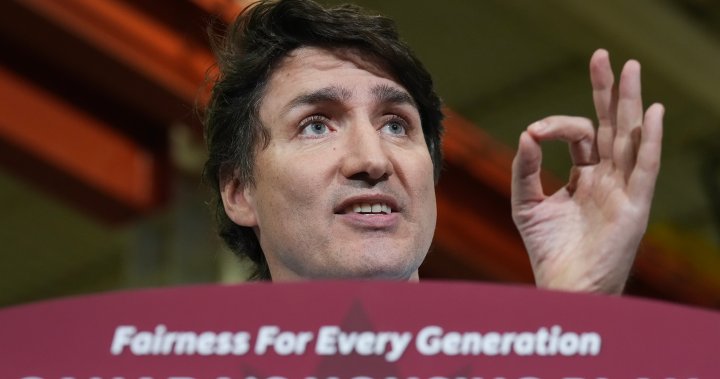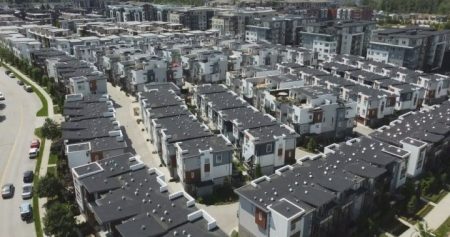Prime Minister Justin Trudeau expressed confusion over the NDP’s stance on the federal carbon price, particularly on the fuel charge, after NDP Leader Jagmeet Singh criticized the current Liberal approach to pricing pollution. Singh believes that fighting climate change should not divide people and that Trudeau is using it as a political wedge. Trudeau announced a three-year pause on the carbon price of home heating oil, which critics argue is politically motivated and disproportionately benefits residents of Atlantic Canada. Seven provinces have called for a pause in the April 1 increase to $80 a tonne, citing cost of living challenges.
The NDP supported a Conservative motion calling on Trudeau to hold a televised meeting with premiers to discuss the carbon price, affordability, and potential alternatives. NDP environment critic Laurel Collins criticized the Liberal approach, stating that the consumer carbon price should not be the only focus of climate policy. Singh mentioned that the NDP is working on its own climate plan, which will focus on recognizing regional differences and putting greater emphasis on industrial carbon pricing. Singh also emphasized creating affordable, low carbon options and ensuring that big polluters pay more to fight the climate crisis.
Trudeau continues to defend the Liberal approach by highlighting carbon price rebates, stating that the government will continue to deliver money to Canadians while ensuring pollution is not free anywhere in the country. The Canada Revenue Agency is set to distribute the next round of carbon price rebates in provinces where it applies. Trudeau believes that the NDP is pulling back from both affordability measures and the fight against climate change, which he finds puzzling. Trudeau announced the pause on the carbon price of home heating oil in October, a move that sparked renewed opposition to the federal carbon price.
Singh criticized Trudeau for dividing Canadians on who pays the cost of fighting climate change and for relying too much on the free market to address the issue. Singh believes that fighting the climate crisis should be seen as an opportunity to unite Canadians, rather than a political wedge. He also criticized Trudeau for providing exemptions and taxpayer-funded subsidies to big polluters, which he feels is unfair. Singh mentioned that climate change leads to increased cost of living, such as higher food prices due to droughts and increased property taxes to repair infrastructure damaged by floods.
In conclusion, the divide between the Liberal government and the NDP on the federal carbon price continues to deepen, with Trudeau defending his approach and Singh advocating for a different strategy. The NDP is working on its own climate plan with a focus on regional differences and industrial carbon pricing, while Trudeau emphasizes carbon price rebates to offset costs for Canadians. The issue of affordability and the fight against climate change remains a point of contention between the two parties, with both presenting contrasting views on how to address the pressing issue of climate change in Canada.















